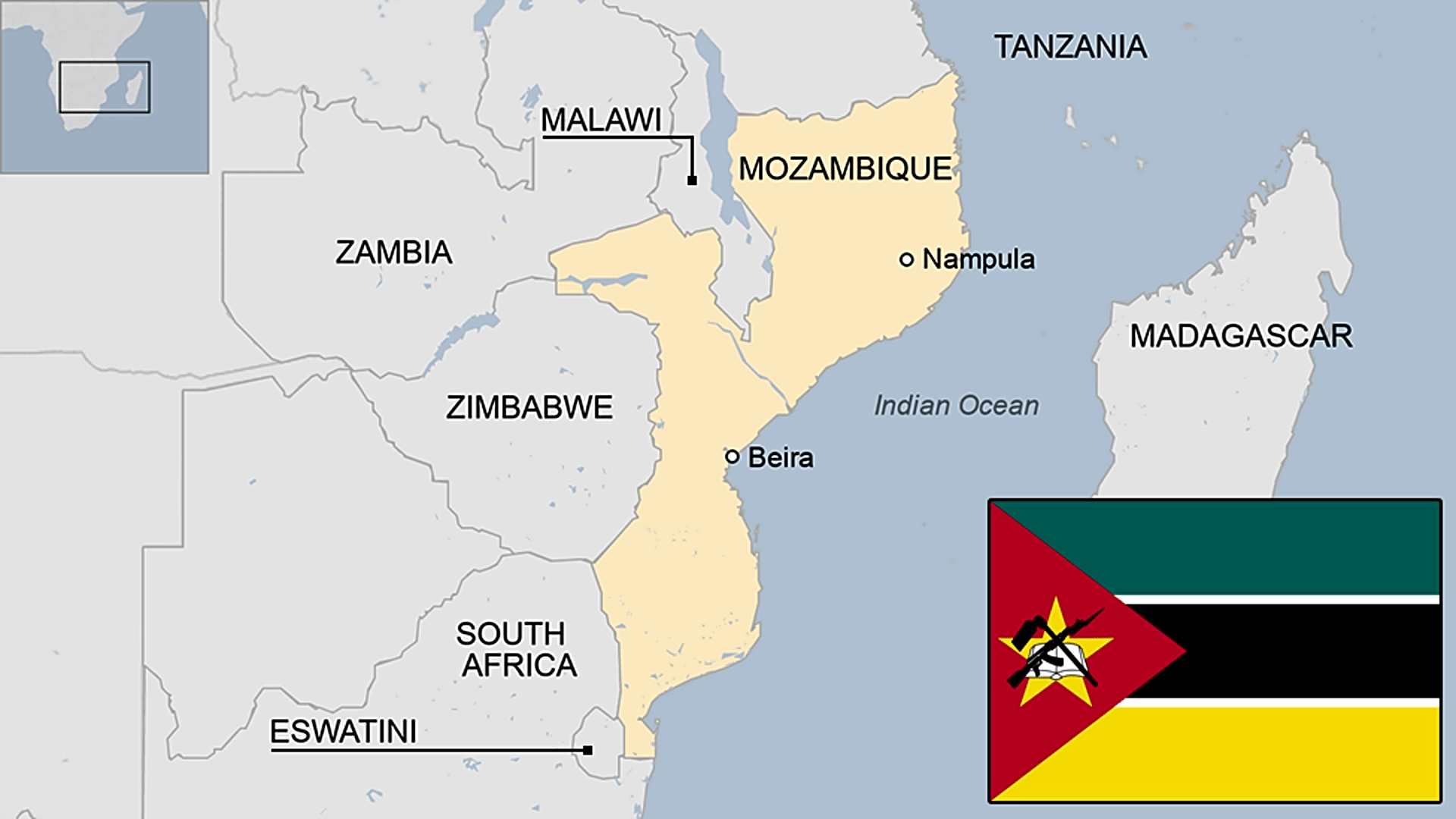A recent analysis examined Nigeria’s enormous potential for using artificial intelligence (AI) for socioeconomic development and climatic improvement.
It showcased existing and forthcoming AI-driven technologies and solutions that can address Nigeria’s energy and climate change challenges, as well as development difficulties in agriculture and food security.
AI for Africa: Impact-producing Use Cases On August 7, 2024, the Global System for Mobile Communications Association (GSMA), an international organization that unites the mobile ecosystem to find, develop, and deliver innovation fundamental to positive business environments and societal change, launched Nigeria Deep Dive.
Effective Farming
In Nigeria, agriculture is a vital business that employs close to 40% of the workforce. Even so, just 35% of the country’s arable land is under cultivation.
Nigeria is also prone to frequent floods and droughts, which have a detrimental effect on agricultural output and make rural communities more vulnerable.
The paper outlined the major ways that artificial intelligence (AI) and digital technology might improve productivity, increase market accessibility, optimize resource efficiency, and reduce post-harvest losses.
Among the well-known businesses in Nigeria are Farmcrowdy, Hello Tractor, and Crop2Cash.
Crop2Cash focuses on delivering formal financing to smallholder farmers through technology. In July 2024, they introduced their most recent project, FarmAdvice, a national hotline for agriculture.
More than 700 local government units in Nigeria and over 500,000 farmers in 13 states have benefited from Crop2Cash’s assistance. Climate-smart inputs have reportedly increased income for farmers by up to 70% and yield by up to 35%.
However, obstacles like a lack of data, costly prices, and a substantial digital skills gap among smallholder farmers prevent AI from being widely used.
Using a GPS fleet management system and an app for sharing farm equipment, Hello Tractor is a digital network that links farmers and tractor owners. This helps farming communities become more organized and ready for erratic rainfall patterns.
Affordable Electricity
Nigeria has the world’s greatest absolute shortfall in access to electricity. Approximately 45 percent of the population, or 90 million people, do not have access to the electrical grid. Although the use of AI technology in Nigeria is still in its infancy, it has enormous potential to improve the dependability and distribution of electricity.
Building climate resilience
Nigeria has very little greenhouse gas emissions, but it is quite vulnerable to the consequences of global warming. Nigeria, the sixth most populous nation in the world, contributes just 0.3% of global emissions. It lags behind in readiness for climate adaptation and is ranked 53rd in terms of sensitivity to climate change.
The efficiency and impact of climate technology solutions can be increased by incorporating AI. In order to improve early warning and catastrophe preparedness, Google Research has developed artificial intelligence (AI) models that can forecast floods and issue alerts up to seven days in advance.
However, significant obstacles such a lack of computing power and restricted data availability make it more difficult to undertake research, analysis, and projections for particular regions and obstruct the use of AI for climate action in Nigeria.
The establishment of research centers equipped with state-of-the-art technologies in Nigeria’s six geopolitical zones has been disclosed by the Federal Government of Nigeria, acting through the National Information Technology Development Agency (NITDA). These centers will focus on advancements in blockchain, AI, and Internet of Things technologies.
The paper included recommendations on how to help Nigeria deploy AI, including boosting local projects and language data development, investing in localized, domain-specific data collection, making sure data collection is safe and responsible, and streamlining data handling and management processes.


